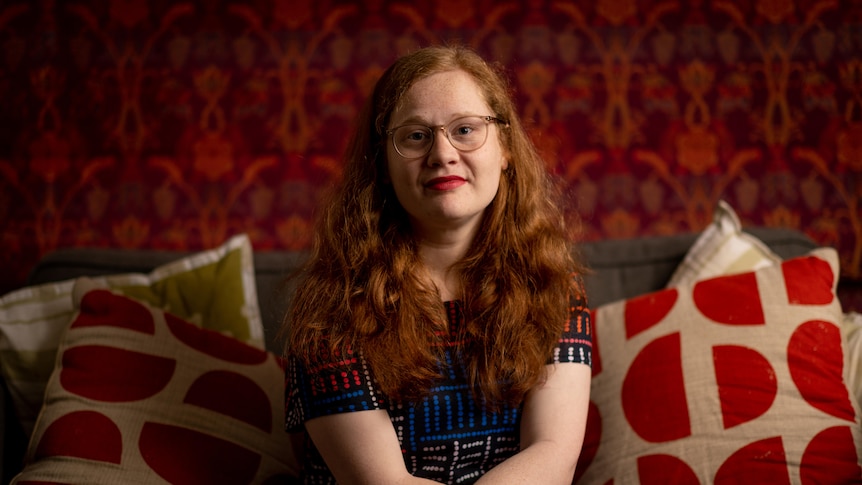Real estate experts say Australia is experiencing a rental crisis that’s set to worsen without government intervention, and so-called “zombie” homes are fueling the problem.
A zombie home is a property that is occupied only part of the time – such as a holiday house listed on Airbnb – that is not available to rent on a short or long term lease but can generate large profits for the owner.
For example, a good property in a regional town, near the beach or one in inner Sydney could fetch $1000 for a weekend but just $800 on a weekly basis under a leasing arrangement, First National Real Estate CEO Ray Ellis said.
“It’s a lot easier to take your investment property out of the full-time rental mix and put it into the short-term rental mix which is basically AirBnB or weekend accommodation,” Mr Ellis told news.com.au.
“If you could get $800 a week by having someone there full-time but you can get $1000 for a Saturday and Sunday, and don’t have to go through all the extra legislation requirements, you’ll do it, because you’re making the same return,” he said.
Stream more property news live & on demand with Flash. 25+ news channels in 1 place. New to Flash? Try 1 month free. Offer ends October 31, 2022 >
Throughout any city there’s “hundreds if not thousands” of zombie homes, especially in coastal areas, that are occupied one or two days a week, Mr Ellis said.
“There’s now too many occurring in most cities in Australia.”
The benefit for owners – apart from the financial element – was not having the long-term commitment of dealing with renters, he added.
Zombie homes are widespread, with last year’s census revealing that during lockdown and while Australia’s borders were closed, there were more than 1 million unoccupied properties.
While it’s a win-win for landlords, renters are suffering with rents souring and long queues of desperate prospective tenants lining up to inspect properties. This has forced some to live in their cars, a motel or caravan – even couch surfing – to keep a roof over their heads.
“Investors are putting their properties out for Airbnb, but it’s taking rental properties away from renters and that lack of … properties available to rent is driving demand and prices up,” Finder money expert Rebecca Pike told 7NEWS.com.au.
PropTrack’s latest rental report for the June quarter found the number of renters per property listed on realestate.com.au had risen 28 per cent year-on-year across capital cities, with Sydney and Melbourne experiencing the greatest increase.
The number of rental listings in Sydney fell 21 per cent in the last year. The largest declines in listings were recorded in Melbourne (-25.7 per cent) and Brisbane (-24 per cent).
Overall, the number of new listings coming on to the market was 13.8 per cent lower than the decade average in June.
The strong demand for rentals and limited supply was leading to significant increases in advertised rent prices, the report found.
Rental prices in Sydney have grown by 6 per cent over the past year, after having fallen throughout the early part of the pandemic.
The median rental price for a house in Sydney is currently $620 a week and $500 for a unit.
Nationally, the median weekly rent for a house is $490 and $440 for units.
With higher land tax charges for investors and larger interest rates, many of these costs are being passed on to renters causing rents to rise even further, the report added.
Ms Pike told 7NEWS.com.au the rental crisis needed urgent action and would get worse over the coming months.
“We’re definitely seeing that demand for rental housing going up because we have so many more people coming into the country, whereas during Covid we really saw that drop,” she said. “There is definitely more demand at the moment, but there’s also less supply.
“Also with the RBA cash rate, if investors are paying more for their loans, they’re potentially passing that on to renters.”
.

